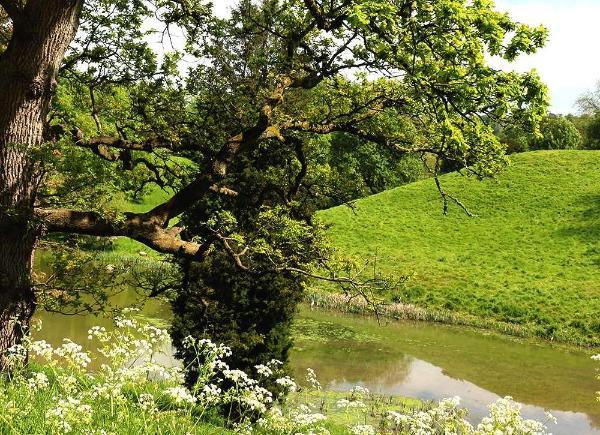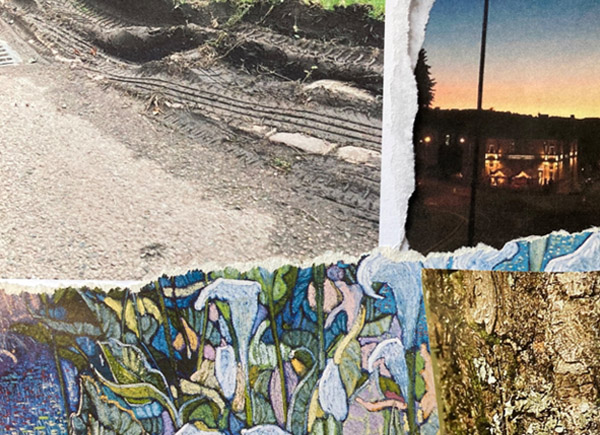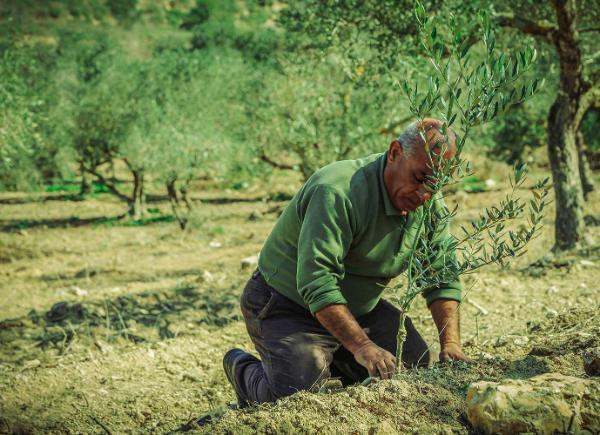Research Centre for Environmental Humanities
How can humanities scholars, artists, writers, natural and social scientists work with each other and public communities to produce ethical, creative, historically informed and culturally sensitive responses to environmental problems?
In this section
About the Research Centre
The Environmental Humanities is a new interdisciplinary and transdisciplinary field of research addressed to the cultural dimensions of today's pressing socio-environmental problems, such as resource depletion, environmental injustice, oceanic pollution and acidification, anthropogenic climate change, and escalating extinctions.
Fostering dialogue and debate across the disciplinary divides that separate the arts, humanities, 'social' and 'natural' sciences, Environmental Humanities examine the underlying socio-cultural assumptions, values, and practices that both shape, and are in turn shaped by, particular patterns of human interaction with beyond-human others and our physical environs.
The Bath Spa Research Centre for Environmental Humanities draws together scholars from across the University, including conservation biologists, geographers, anthropologists, philosophers, historians, literary critics, creative writers, film-makers, and visual and performance artists, in pursuit of new insights and creative responses in the face of deepening socio-environmental concerns and crises.
Vision:
The aim of Bath Spa University’s Research Centre for Environmental Humanities is to foster multi-, inter- and transdisciplinary research projects and public engagement activities that bring methodologies and understandings from the arts and humanities into dialogue with social and natural sciences to find ethical, creative, historically informed and culturally sensitive solutions to today’s pressing environmental problems.
Mission:
We seek to create an inclusive and convivial research environment, and to support individual and collaborative research endeavours and public engagement activities among academic staff and graduate students across the University and at all stages of their career development who wish to contribute to advancing the vision of the Centre.
Objectives:
We intend to realise this mission in the following ways:
- Supporting individual and collaborative research activities (bidding, researching, writing, publishing, conference participation etc.) through informal conversations, mentoring, and when possible, the provision of small conference/research grants
- Creating and sustaining a vibrant research culture in the Environmental Humanities through public lectures, research seminars, symposia, and conferences
- Supporting and hosting public engagement activities and helping to enhance research impact
- Creating an inclusive Steering Group drawn from representatives from across the University, supported by a smaller management sub-committee to support the Director and Deputy Director to action Steering Group decisions
- Developing a world-class, innovative, interdisciplinary MA in Environmental Humanities with strong national and international recruitment
- Recruiting excellent PhD students undertaking inter- and transdisciplinary research in the Environmental Humanities, and mentoring them in appropriately constituted multi-disciplinary supervisory teams
- Developing links between RCEH and other research groups and centres in the environmental humanities, nationally and internationally
- Expanding links between Bath Spa researchers and potential non-HEI research partners, nationally and internationally.
- A blog about the environmental (ecological) arts & humanities by Professor Owain Jones
- Edinburgh Environmental Humanities Network
- Australian Environmental Humanities Hub
- The Seed Box
- The Rachel Carson Center for Environment and Society
- The Nordic Network for Interdisciplinary Environmental Studies
- KTH Environmental Humanities Lab
- Humanities for the Environment Observatories
- Association for the Study of Literature and Environment (UK - Ireland)
- European Association for the Study of Literature, Environment and Culture
- European Forum for the Study of Religion and the Environment
- Environmental Humanities journal
- PAN: Philosophy Activism Nature journal
- Resilience journal
- The Ecological Citizen journal
- Geo-Humanities
- Bifrost
On this page
- Beach tide art. Photo: Owain Jones
- Children playing on wrecked cars in Kiribati. Photo: Sara Penrhyn Jones
Under "People"
- Filming. Photo: Sara Penrhyn Jones
Under "Projects"
- Children playing on wrecked cars in Kiribati. Photo: Sara Penrhyn Jones
Under "Events"
-
Mariele Neudecker, 400 Thousand Generations, 2009, Mixed media incl. steel, fibre-glass, water, salt. 55 cm x 113 cm x 153 cm (h).
Under "Research Strengths"
- Kuwagasaki. Photo: Steven Vaughan
Events

Worlding human-nonhuman relations through site-based movement practice
Date: Wed 1 May 2024 03:00 PM

Cruising Nature—introduction to a reading practice
Date: Wed 24 Apr 2024 02:00 PM

Ecology and Culture in Palestine/Israel
Date: Wed 24 Jan 2024 03:00 PM

Musical Theatre Showcase
Date: Thu 14 Dec 2023 07:00 PM